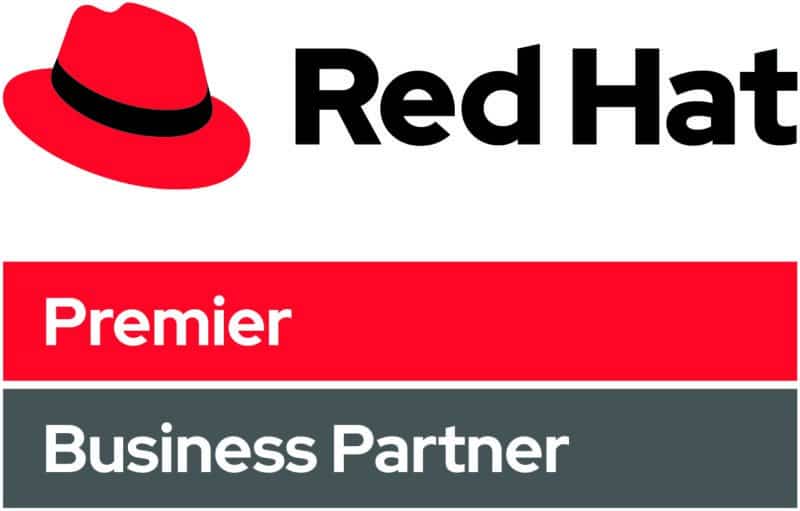Creating a simpler, more seamless banking experience
Traditional financial services institutions (FSIs) are under immense pressure to evolve. In an industry that has been disrupted by advances in technology and newer, tech-savvy challengers, FSIs must adapt if they want to attract and retain customers who demand a simple, seamless banking experience.
At a time of considerable volatility within financial markets – the challenge for traditional FSIs has never been greater. This is made more difficult by legacy systems and long-established business processes, which must be updated against a backdrop of ever more stringent regulation and the need to remain cost-efficient. With the emergence of more agile challengers, many traditional FSIs have struggled to deliver growth. Now is the time for these banks to build and support a modern flexible infrastructure that creates real competitive advantage versus new market entrants that lead with customer-centric innovation.
Accelerating automation— An automation platform can help FSIs achieve digital transformation, improving agility, flexibility, and speed to adapt to changing requirements. Optimisation of resources and increased efficiency to control costs allow innovation and the delivery of digital customer experiences. By implanting a clear automation strategy, FSIs can improve existing processes and execute their digital initiatives. Applying modern automation to existing application environments leads to a better customer experience to stay competitive in a growing market. One bank harnessing the power of technology to offer a more customer-focussed digital banking experience is Secure Trust Bank (STB). STB partnered with SCC in 2015 following a strategic decision to examine its approach to how it provisioned systems and all associated IT services. As part of the review, STB identified capabilities it considered fundamental to being a bank and that it wanted to keep under the bank’s control. STB also identified the principles it needed to adhere to in today’s market, where banks operate in a highly regulated environment and are subject to the evermore demanding requirements of customers and business introducers. Roy Aston Chief Technology Officer at STB, said: “Remaining competitive in today’s economic climate is critical to achieving our plans – and we can only do that by ensuring that our systems are built to support and complement our business objectives.” Having previously sourced or developed and managed everything in-house, STB migrated in‐house hosted applications to SCC’s Cloud+, ensuring its services to customers meet and exceed their expectations, in a digital world where cyber security threats are emerging rapidly. |
Demand for digital— Demand for digital services, and more involved assistance are key challenges for traditional FSIs. The automation of key infrastructure enables a balance of innovative new technology, such as AI, RPA and data analytics to exploit new business opportunities, alongside reliable heritage systems. This has become more important as the location of deployed applications is replaced by deployment logistics. To succeed in this new reality FSIs are using automation to optimise resources and accelerate development. This enables faster response and deployment and makes technology innovation easier, with the end result being a simpler, more seamless customer experience. By automating infrastructure management, FSIs can remain adaptable to markets, regulations and global events without adding complexity to an environment that is already in place, and most often both disparate and siloed. Simplicity is one of the hallmarks of Red Hat Ansible Automation Platform, which provides a streamlined approach to improving operational efficiency, management, and scalability of diverse IT environments, especially where regulatory compliance and security are primary concerns. |
SCC and Red HatSCC works with a broad range of FSIs to deliver the infrastructure and services they need to differentiate themselves today and continually adapt. Through continuous innovation, SCC works in partnership to deliver all leading technology partners for cloud, security features and infrastructure, with breadth and depth of services. Delivered in collaboration with SCC, Red Hat Ansible Automation Platform is helping FSIs create, manage, and scale repeatable automation for technology infrastructure, network, and applications across their ecosystem. With the financial services industry changing rapidly, automating manual, repetitive tasks enables FSIs to work more efficiently and gives them time to focus on customer innovation and extending competitive advantages. The result: competitive advantage and the ability to deliver innovative digital customer experiences, with less risk and at lower cost. |
 |
| Get in touch |